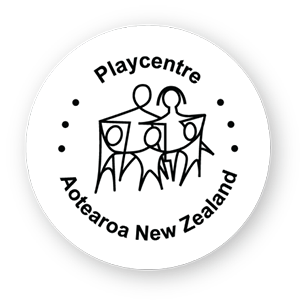Being Mindful
Three mindful tips
Mindfulness is the latest buzzword in our ongoing search for more balanced and happier lives. There’s a certain irony about adding a new technique or idea to our already busy lives, in order to simplify them, but Mindfulness encourages shifts in the actual infrastructure of your brain.
Take a few minutes to notice
For most parents busy is normal. But a busy brain is only one step away from a stressed brain: that full nappy smell just as you’re about to leave the house, a series of red traffic lights or a firm ‘no’ from your child, and your system can be flooded with the stress hormone cortisol. You can’t see it but you definitely feel it, and it can easily lead to reactions you may regret.
It’s surprisingly simple to protect your brain from stress and stay calm for longer, so that it takes far more to tip the balance.
A simple Mindfulness exercise for 2-3 minutes on a daily basis begins to make significant changes to your brain. The best way I can describe it is that it feels like cushioning or suspension.
One way to do this is by consciously paying attention to the sights and sounds of your environment. For example, every morning I make a coffee and instead of thinking of my To Do list, I focus on the sounds, smells, taste and sensations of those few minutes. You can do it in the shower, in the car on the way to Playcentre, or just sitting still. Each time I stop and pay attention like this, I feel my brain relax. And the great news is its not just a momentary effect, it is cumulative. Within 6-8 weeks your brain will be noticeably slower to shift into the stress response throughout the day.
Be present
Part of the joy of choosing to stay home with your children during their early years is that you get to spend time with them. But it is possible to spend a whole day with your children without actually being present. Our minds are often so busy rushing through the day, making sure they get down for that nap so they’ll be fresh for the friend they’re off to play with, while getting the shopping list done so we can whizz
round the supermarket in that precious two child-free hours. Ironically the planning is often for our children, but in doing it we miss the moment.
The present is actually all we ever have – a secret our children know and we’ve forgotten.
Becoming present is as simple as making eye-contact with your child and listening or watching with curiosity, with no agenda or expectation of what should be said or done. It can be anytime anyday.
Validate all emotions
Emotions are probably the biggest challenge for us as parents – both our children’s and our own. Emotions are often inconvenient, badly timed and seemingly out of proportion.
Reflecting back a child’s emotions before trying to solve them lets them know that it is ok to feel angry, sad or scared. It often comes as a surprise to people that validation is the key to calming down, but imagine coming home from an upsetting day at work to a partner who tells you it’s really not a big deal and to calm down, or tries to fix the situation, rather than listening and acknowledging how important your
feelings are. It’s both invalidating and infuriating.
With our children it sounds as simple as “I can see you’re pretty upset about having to go home now. That makes sense you’ve had such fun playing.” “Eating the good stuff first is hard. It’s hard doing what you don’t want to do.” It doesn’t change the fact you’re leaving, or not offering dessert just yet, but open-heartedly validates the feelings that go with it for your child.
As a mum of five I use all these techniques and many more every day of my life, and they have transformed my family. I now teach Mindful Parenting courses and love watching other parents discover how to slow down and connect more deeply, both with themselves and with their children.
Shirley Pastiroff is a counsellor, mindfulness trainer and mum of five.
Shirley runs six week Mindful Parenting courses in Auckland.
For more information go to http://renewyourmind.co.nz/mindfulparenting/

